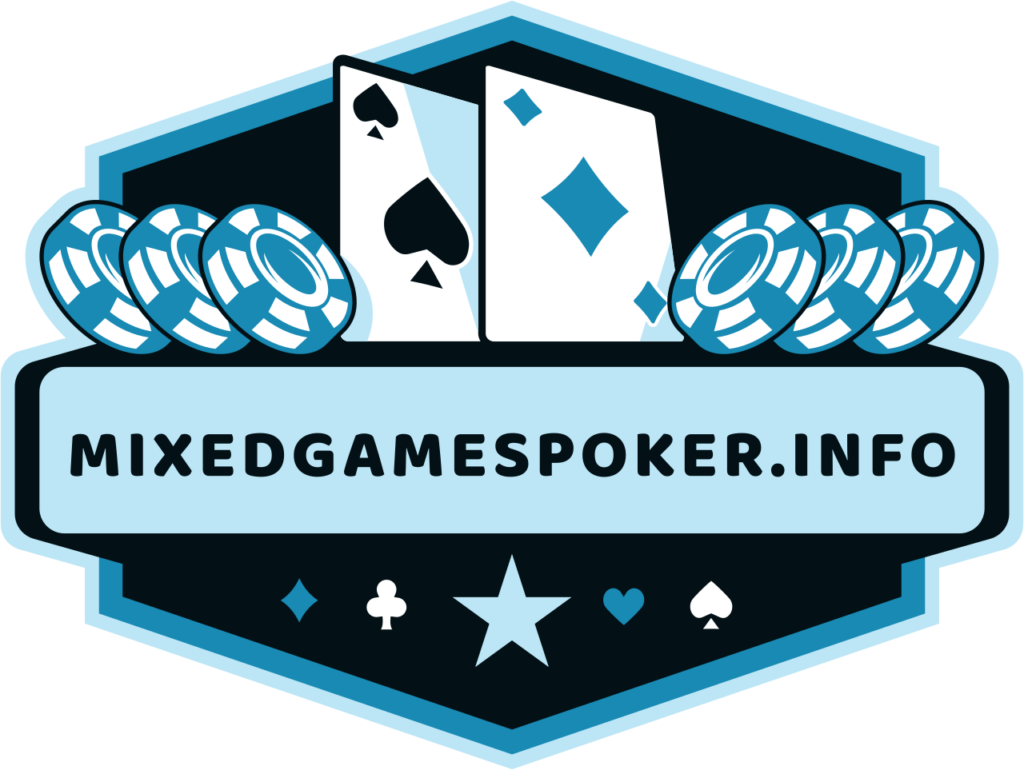Why Playing Slow is Bad for Poker
In the world of poker, strategy, psychology, and speed all play critical roles in determining success. While taking time to consider your moves is important, consistently playing slow can have detrimental effects on the game. Here’s an in-depth look at why playing slow is bad for poker.
Disrupting the Game Flow
Poker is a dynamic game that relies on a steady pace to maintain engagement and excitement. Slow play can disrupt the natural flow of the game, causing frustration among players. When the pace is consistently slow, it can lead to boredom and a loss of interest, diminishing the overall enjoyment of the game.
Causing Player Frustration
Players come to the table expecting a certain rhythm and tempo. Slow play can lead to increased frustration, as players are forced to wait longer than usual for each hand to be completed. This can create a tense and uncomfortable atmosphere, potentially leading to conflicts and a negative playing environment.
Reducing the Number of Hands Played
In poker, the more hands you play, the greater your chances of success. Slow play reduces the number of hands dealt in a session, limiting opportunities to make profitable moves. This can be particularly detrimental in cash games and tournaments, where maximizing the number of hands played is crucial for building a chip stack or winning money.
Affecting Strategic Depth
While it’s important to think through your decisions, excessively slow play can stifle the strategic depth of the game. Quick decision-making is a skill in itself, and being able to make timely, strategic choices is a hallmark of a good poker player. Overthinking every move can lead to suboptimal decisions and missed opportunities.
Impacting Tournament Timelines
In tournament settings, slow play can significantly affect timelines. Extended hand durations can cause delays, affecting the schedule of the tournament and the experience of all participants. This can be particularly problematic in large tournaments with strict schedules and multiple rounds.
Encouraging Bad Habits
Consistently playing slow can encourage bad habits among players. It can lead to a lack of focus, over-analysis, and second-guessing. Developing a habit of making timely decisions helps build confidence and improves overall gameplay.
Creating a Negative Perception
Other players may perceive slow play as a lack of experience or confidence, or even as a form of disrespect. This negative perception can affect your reputation at the table, making it harder to build positive relationships with other players and creating an unwelcome atmosphere.
Dealing with Slow Play
To mitigate the effects of slow play, consider the following strategies:
- Set a Time Limit: Many poker rooms and tournaments implement a time limit for decisions. Adhering to these limits helps keep the game moving.
- Practice Speedy Decision-Making: Develop your ability to make quick, informed decisions through practice and experience.
- Stay Focused: Maintain focus and avoid distractions that can cause delays in your decision-making process.
- Encourage Others: Politely encourage fellow players to keep up the pace, promoting a more enjoyable and efficient game.
In conclusion, while thoughtful decision-making is important, consistently playing slow can harm the poker experience. It disrupts the game flow, causes frustration, reduces the number of hands played, and affects tournament timelines. By practicing quick decision-making and maintaining focus, players can contribute to a more dynamic and enjoyable poker game. Speed and strategy go hand in hand, and balancing both is key to success in poker.

Leave a Reply
You must be logged in to post a comment.